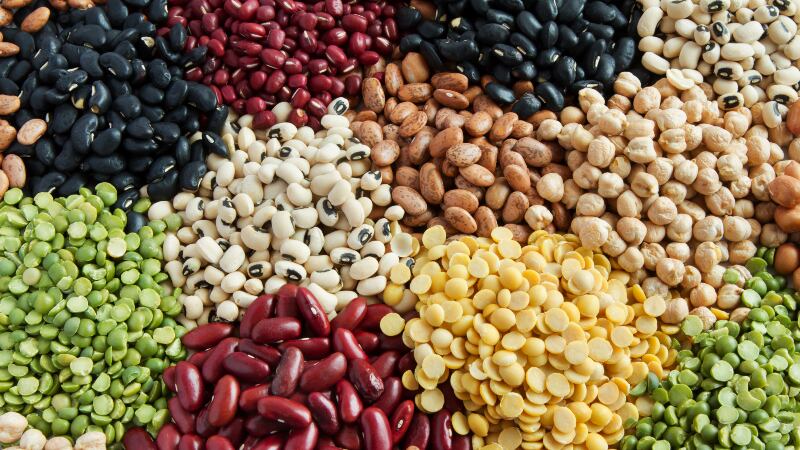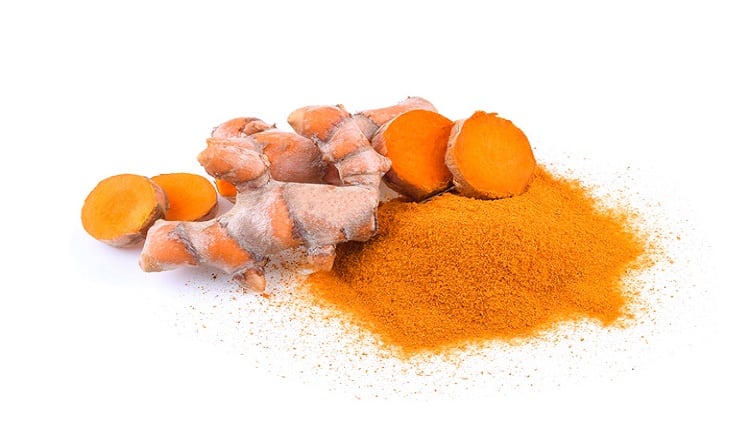/News/Research — Visceral fat is a type of “hidden” body fat that wraps around several vital organs, including the liver, stomach and intestines. It can also build up in the arteries, raising risks of cardiovascular disease and metabolic syndrome.
Fermented grains are known to have anti-obesity benefits, but studies on their effect on visceral fat in the human body are inadequate at present.
To evaluate the efficacy of Curezyme-LAC intake in reducing body fat mass in adults with obesity, a 12-week double-blinded placebo-controlled trial was conducted at Seoul National University Hospital and Seoul National University Bundang Hospital in South Korea.
Curezyme-LAC is a mixture consisting of six grains fermented by Bacillus coagulans (B. coagulans), a lactic acid-producing probiotic.
A total of 93 participants completed the study, which was partly supported by Korean biotech firm Amicogen Inc.
The participants were aged between 40 and 65 years, had body mass index (BMI) of 25 to 33kg/m2, and were randomly allocated to two groups.
The test group received a daily dose (4g) of Curezyme-LAC provided by Amicogen, while the placebo group was given the same amount of steamed mixed-grains powder.
All participants were instructed to maintain their usual dietary patterns and physical activity during the study period.
After 12 weeks, the Curezyme-LAC group showed significant reductions in total fat mass (−0.43 ± 0.24 kg vs. 0.31 ± 0.1 kg), body weight (−0.4 ± 0.3 kg vs. 0.3 ± 0.2 kg), BMI (−0.14 ± 0.12 kg/m2 vs. 0.10 ± 0.07 kg/m2), and waist circumference (−0.6 ± 0.2 cm vs. −0.1 ± 0.2 cm), compared to the placebo group.
Notably, visceral adipose tissue (VAT) decreased more significantly in the Curezyme-LAC group (−9.3 cm2 ± 5.1) than the placebo group (6.8 cm2 ± 3.4).
There were no marked changes in the daily dietary intake and physical activity between the two groups, nor serious adverse reactions observed.
“To the best of our knowledge, this is the first study to demonstrate that grains fermented by B. coagulans reduced visceral fat areas, total fat mass, body weight and waist circumference without any change in the participants’ dietary intake or physical activity. Our findings suggested that Curezyme-LAC supplementation is safe and may be suitable for long-term usage or as an additional intervention to existing obesity treatment,” the authors wrote.
More resilient than other probiotics
Several studies have shown that visceral fat is more closely linked to cardiovascular risk factors than subcutaneous fat.
Visceral fat contains adipocytes that secrete pro-inflammatory cytokines, which raise the risk of obesity-related comorbidities. These include metabolic abnormalities such as impaired glucose tolerance, insulin resistance, and increased levels of “bad” cholesterol.
In recent times, the role of intestinal microflora in the disease process of obesity has gained attention.
Fermented grains contain ordinary nutrients, micronutrients and bioactive components, including peptides, phenolic compounds, phytosterols, β-glucan, and organic acids.
Probiotics belonging to genus Lactobacillus and Bifidobacterium are commonly used in health foods claiming to have anti-obesity effects, but they are not resistant to heat treatment.
On the other hand, B. coagulans is a spore-forming bacterium that is resistant to high temperatures and acidity, promotes growth of Lactobacillus and Bifidobacterium, and could be used to develop functional foods.
“B. coagulans can survive in gastrointestinal tract conditions better than other probiotic microorganisms. The ability of B. coagulans to withstand the intestinal environment, and increase Lactobacillus or Bifidobacterium, is likely to explain the findings of our study.
“The results showed that Curezyme-LAC could be a beneficial food ingredient to reduce the accumulation of VAT, as well as indicators relevant to obesity. In addition, it may contribute to lowering various cardiometabolic risks.”
However, this study had some limitations, including the small sample size and short trial period.
“Large-scale studies with representative populations are needed to confirm our findings and to uncover B. coagulans’ mechanism for reducing visceral fat. Furthermore, future studies should also clarify whether Curezyme-LAC affects glucose and fat metabolism through modulation of the gut microbiome, insulin resistance or chronic inflammation,” the authors concluded.
Source: Frontiers
https://doi.org/10.3389/fnut.2023.1148512
“Efficacy of fermented grain using Bacillus coagulans in reducing visceral fat among people with obesity: a randomized controlled trial”
Authors: Eunbyul Cho, et al





